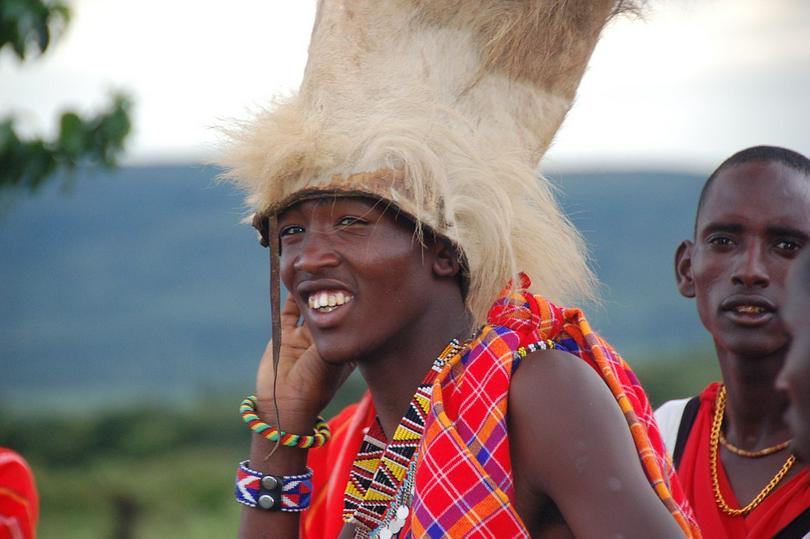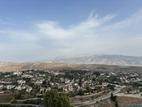The calm before the storm - some would say as the country prepares for another election this year, is the events that would take place before the elections. Ten years ago, there was terrible post-election ethnic violence that happened in the country, and nobody in Kenya wants to see history repeating itself.
An estimated number of 180,000 police officers and members of the security forces are being deployed across Kenya as the country prepares to vote on Tuesday in a fiercely contested presidential election.
But with opinion polls predicting a very close race between incumbent president Uhuru Kenyatta and opposition leader Raila Odinga, there are fears there could be trouble ahead.
The country is braced for widespread unrest whoever wins, after a campaign tarnished by hundreds of violent incidents - including the murder of a high-profile election official - issues with new voting technology and widespread concerns about fraud.
The tension; however, has been spreading like wildfire and the government has no choice but to implement precautionary measures to ensure the safety of everyone.
Take for example the events that occurred a few years back in a contested poll last 2007. The spread of violence led to more than 1,000 deaths, and violence could sweep the country again if the losing party refuses to accept the result.
However, a statement given by Uhuru Muigai Kenyatta, Kenya's current president said that "Do not allow anything to drive a wedge between you. You have been good neighbors and I urge you to remain so regardless of your tribe, religion or political affiliation."
Keeping the peace after the election is quite impossible especially when the losing side decides to take matters into their own hands.
More bloodshed is feared as President Uhuru Kenyatta, and candidates in his ruling Jubilee Party, face off against Raila Odinga of the National Super Alliance, a coalition of opposition groups. Political polls suggest this election may be the most hotly contested presidential race in Kenyan history.








